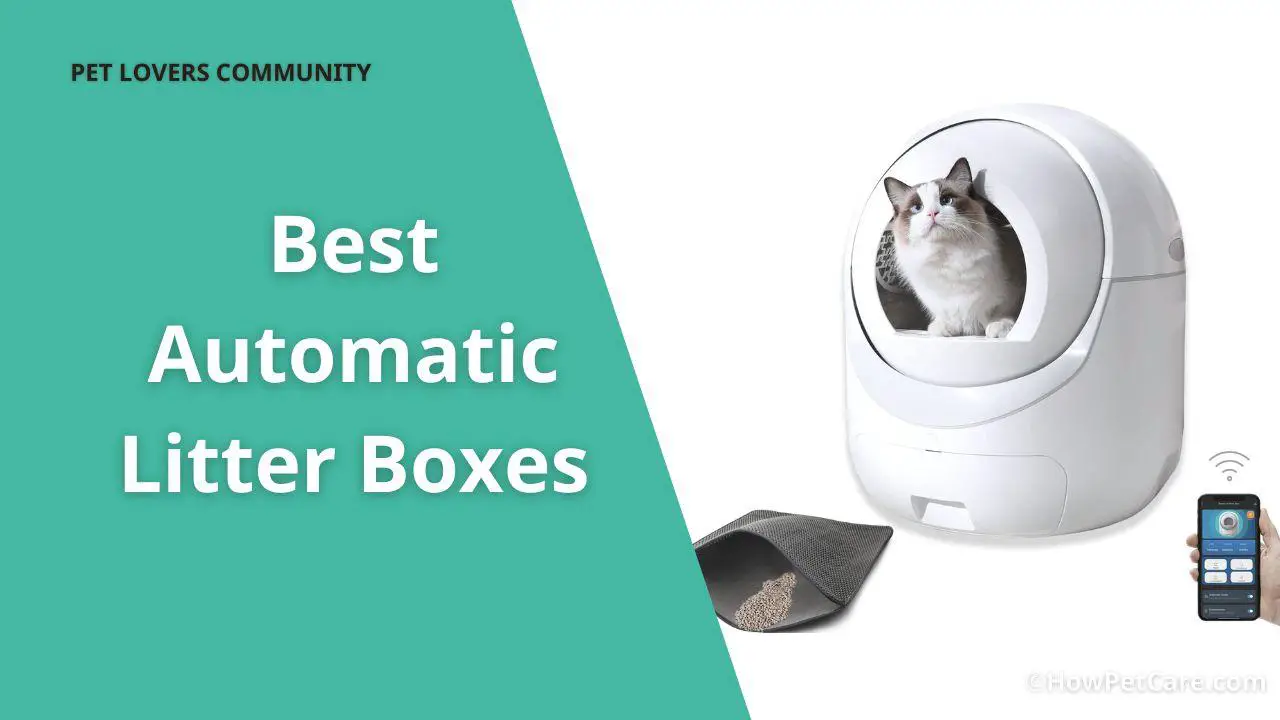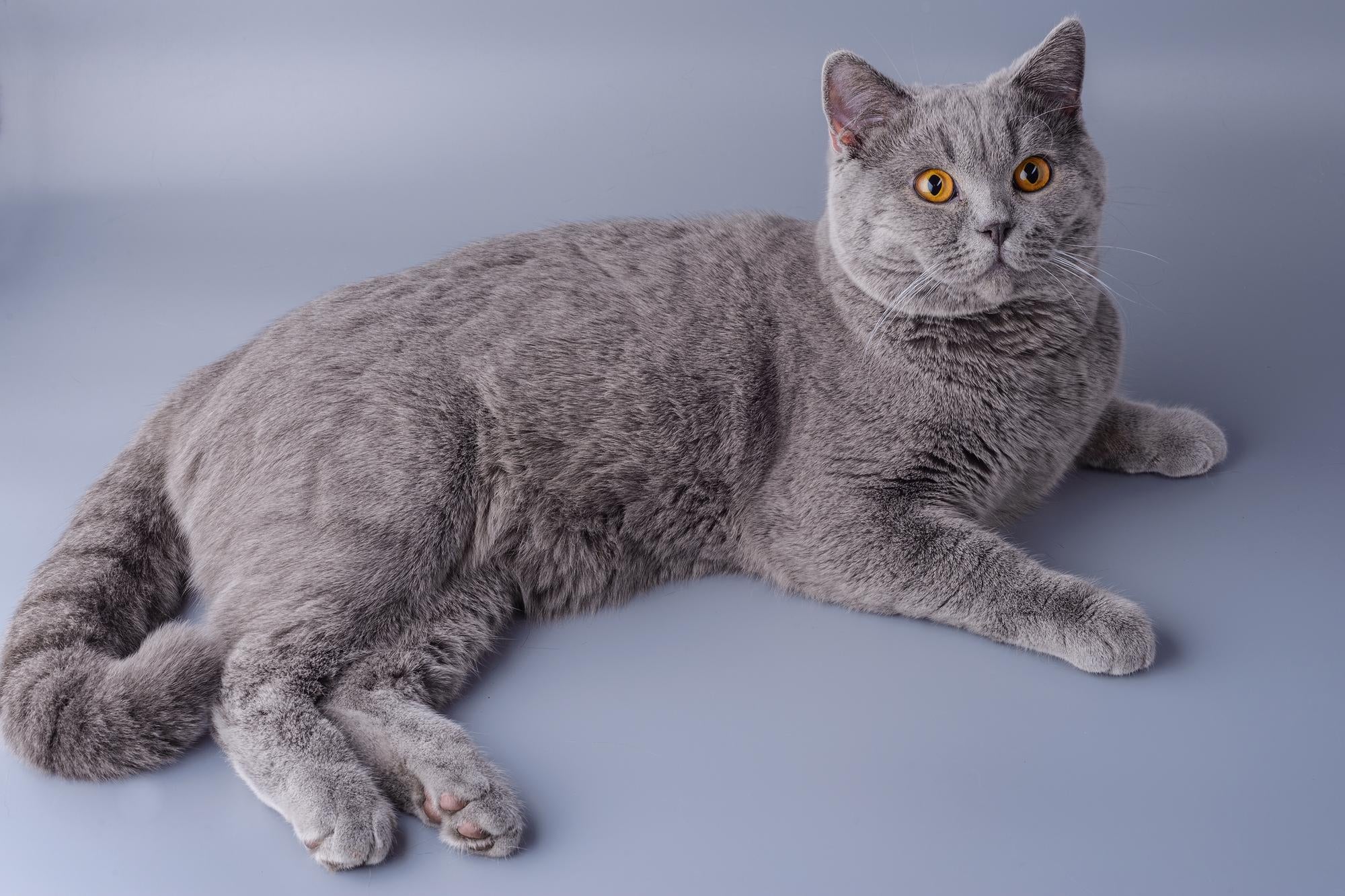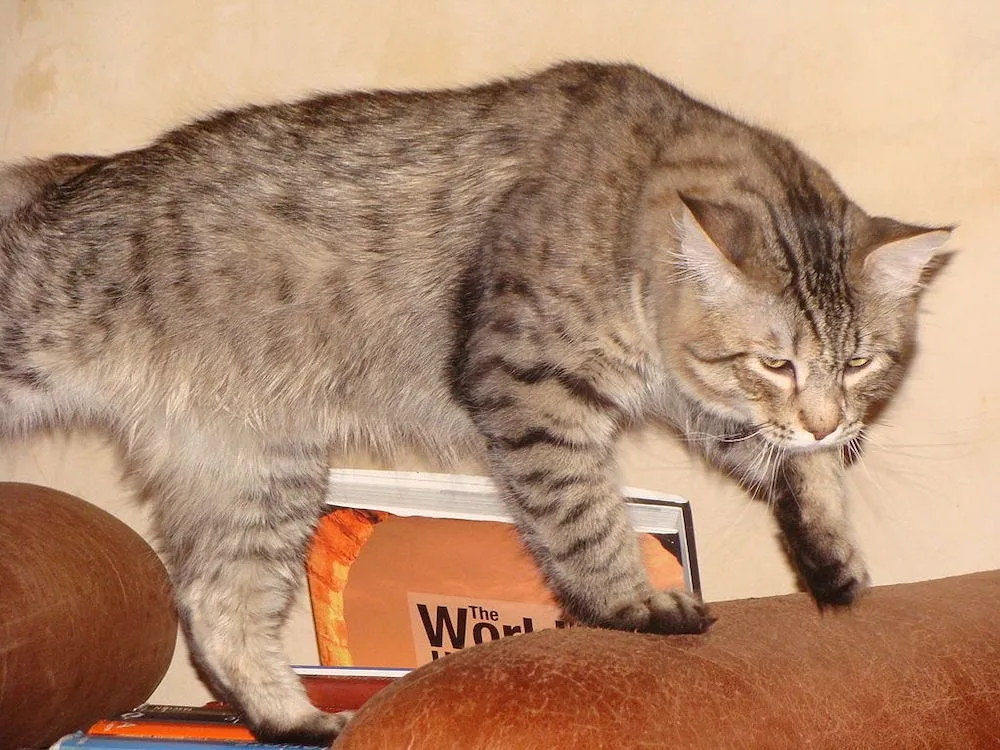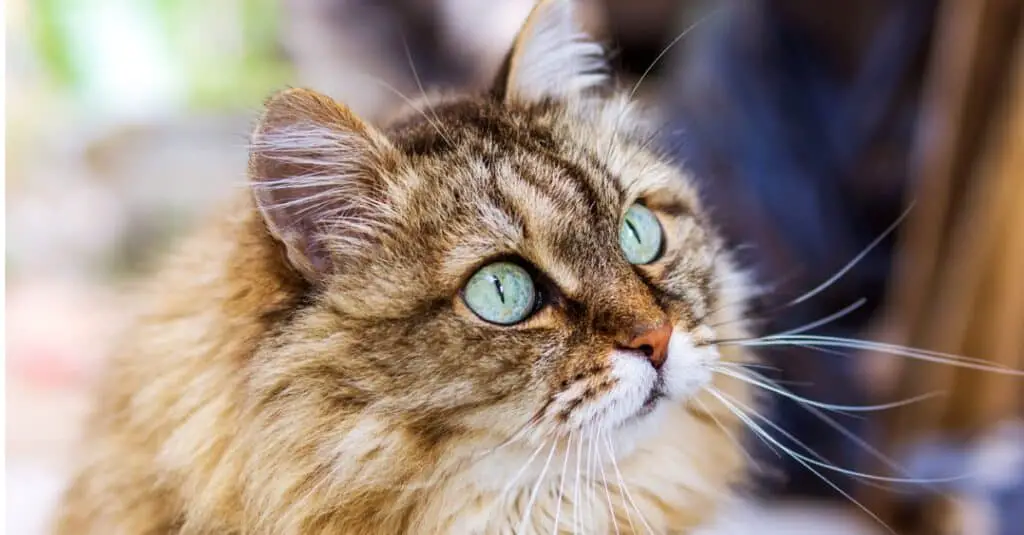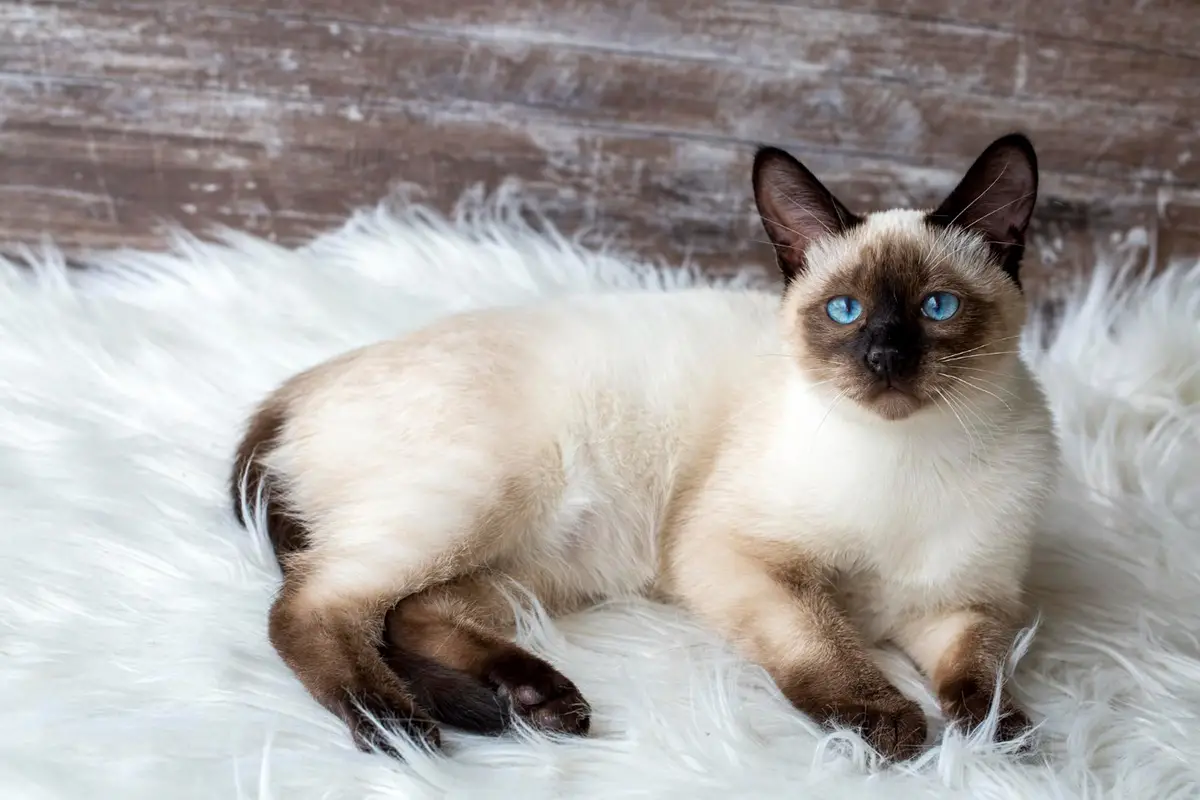Are you worried that your feline friend might be under the weather?
It’s not always easy to tell when our cats are feeling unwell.
Unlike dogs, cats are masters of disguise when it comes to hiding illness.
This evolutionary trait can make it challenging for even the most attentive pet parents to spot the signs of sickness.
But fear not! As a fellow cat lover and experienced pet care enthusiast, I’m here to help you decode the subtle clues that might indicate your kitty needs some extra TLC or a trip to the vet.
Let’s dive into the world of feline health and explore the signs that your cat might be trying to tell you something’s not quite right.
The Silent Sufferers: Why Cats Hide Their Pain
Cats are fascinating creatures, aren’t they?
Their independent nature and stoic demeanor can sometimes work against them when it comes to health issues.
In the wild, showing weakness could make them vulnerable to predators.
This instinct is still strong in our domesticated furballs, making it crucial for us to be extra observant.
As the folks at HowPetCare often remind us, regular check-ups and keen observation are key to keeping our feline friends healthy and happy.
Subtle Changes in Behavior: The First Red Flag
Have you noticed your usually playful kitty becoming more withdrawn lately?
Or perhaps your aloof cat is suddenly seeking more attention?
These behavioral shifts can be early indicators that something’s amiss.
Keep an eye out for:
- Increased sleeping or lethargy
- Decreased interest in playtime
- Hiding more than usual
- Unusual aggression or irritability
- Changes in social interactions with family members or other pets
Remember, you know your cat best.
If something feels “off,” trust your instincts and consider a vet visit.
The Tell-Tale Coat: What Your Cat’s Fur is Saying
A cat’s coat can be a window into their overall health.
Have you been finding more fur on your furniture than usual?
Or maybe your cat’s once-glossy coat is looking a bit dull?
Here’s what to look for:
- Excessive shedding or bald patches
- Greasy or matted fur
- Dandruff or flaky skin
- Over-grooming or lack of grooming
These changes could signal anything from stress to skin conditions or even more serious health issues.
Appetite and Thirst: When to Be Concerned
Is your cat turning up their nose at their favorite treats?
Or perhaps they’re suddenly guzzling water like there’s no tomorrow?
Changes in eating and drinking habits can be red flags:
- Loss of appetite (especially concerning if it lasts more than 24 hours)
- Increased thirst or urination
- Sudden increase in appetite
- Difficulty chewing or swallowing
These symptoms could indicate various health issues, from dental problems to more serious conditions like diabetes or kidney disease.
Litter Box Clues: What’s Normal and What’s Not
The litter box can be a goldmine of information about your cat’s health.
Are you noticing any of these changes?
- Straining to urinate or defecate
- More frequent trips to the litter box
- Blood in urine or stool
- Diarrhea or constipation
- Changes in urine volume (more or less than usual)
Any of these signs warrant a trip to the vet, as they could indicate urinary tract infections, kidney problems, or other serious conditions.
Breathing Changes: When to Worry
Cats are typically silent breathers, so any noticeable changes in their breathing patterns should raise an alarm.
Watch out for:
- Rapid or shallow breathing
- Open-mouth breathing or panting
- Wheezing or coughing
- Labored breathing
These symptoms could indicate respiratory issues, heart problems, or even heatstroke.
Don’t wait – seek veterinary care immediately if you notice these signs.
Eye and Nose Changes: Windows to Your Cat’s Health
Have you ever heard the saying “the eyes are the window to the soul”?
Well, in cats, they’re also a window to their health.
Keep an eye out for:
- Discharge from eyes or nose
- Squinting or pawing at the eyes
- Cloudiness or change in eye color
- Sneezing or nasal congestion
These symptoms could indicate anything from a simple cold to more serious conditions like feline herpesvirus or even high blood pressure.
Weight Changes: Not Just a Matter of Diet
Is your cat looking a bit rounder or slimmer lately?
While gradual weight changes can be normal, sudden shifts are cause for concern:
- Rapid weight loss
- Unexplained weight gain
- Bloated or swollen abdomen
These changes could signify various health issues, from parasites to more serious conditions like hyperthyroidism or cancer.
Vocal Changes: Listen to What Your Cat is Telling You
Cats are usually pretty vocal creatures, but changes in their meows can signal distress.
Pay attention to:
- Increased vocalization, especially at night
- Unusual yowling or howling
- Changes in the pitch or tone of meows
These vocal changes could indicate pain, cognitive dysfunction in older cats, or other health issues.
When to Seek Immediate Veterinary Care
While many symptoms warrant a vet visit, some require immediate attention.
Don’t hesitate to seek emergency care if you notice:
- Difficulty breathing
- Seizures or collapse
- Severe vomiting or diarrhea
- Inability to urinate
- Trauma or suspected poisoning
Remember, it’s always better to err on the side of caution when it comes to your feline friend’s health.
Preventive Care: The Best Medicine
The best way to catch health issues early is through regular check-ups and preventive care.
Consider these tips:
- Schedule bi-annual wellness exams
- Keep vaccinations up to date
- Maintain a healthy diet and exercise routine
- Provide mental stimulation and stress reduction
- Brush your cat’s teeth regularly
By staying proactive, you can help ensure your cat lives a long, healthy, and happy life.
Caring for a cat is a rewarding experience, but it comes with the responsibility of being their health advocate.
By staying observant and attuned to your cat’s normal behaviors and appearance, you’ll be better equipped to spot when something’s amiss.
Remember, when in doubt, consult with your veterinarian.
They’re your best ally in keeping your feline friend purring for years to come.
Have you noticed any unusual changes in your cat lately?
Share your experiences or concerns in the comments below.
Let’s create a supportive community of cat lovers looking out for our furry friends’ well-being!

